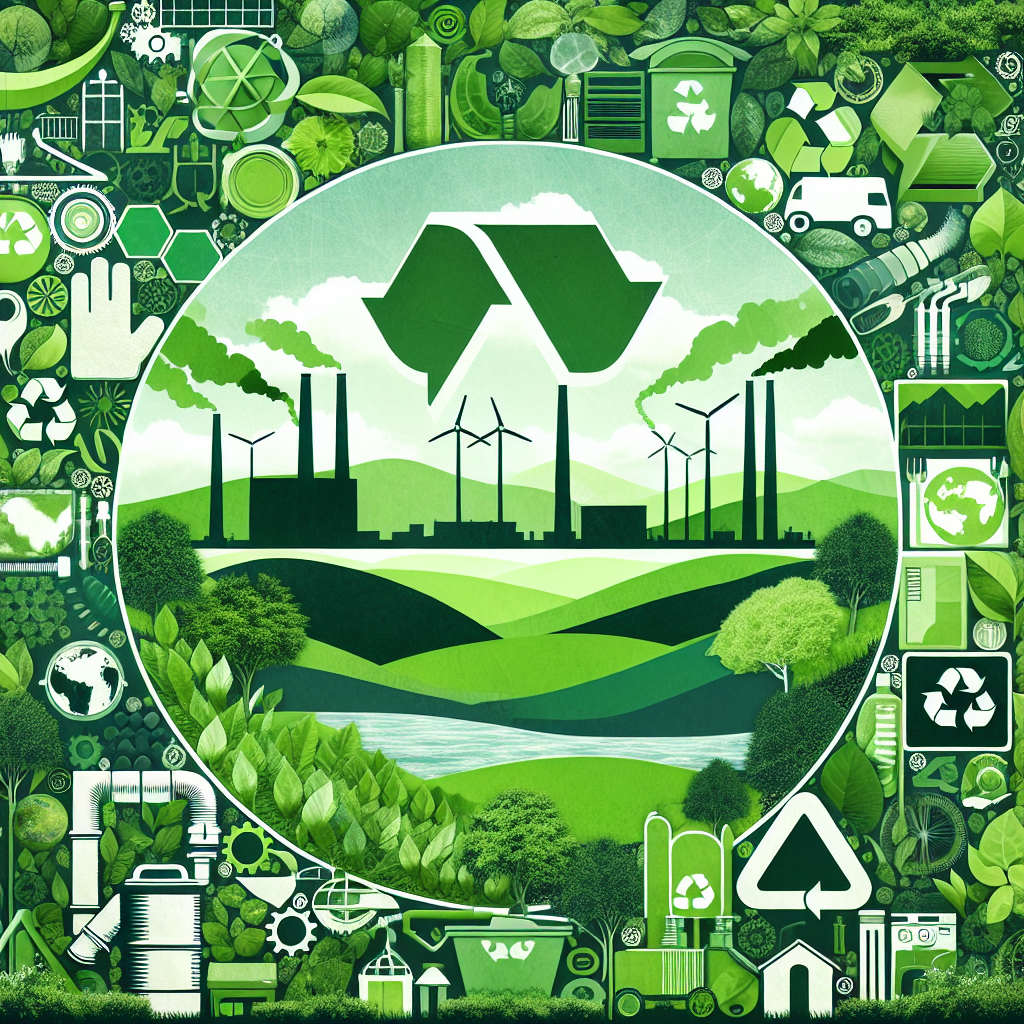Blog Ecobraz Eigre

Trends in environmental regulations and extended responsibility
Recent trends in environmental regulations and extended liability reflect a growing concern for sustainability and proper waste management. This article details legislative advances and obligations for regulated sectors, highlighting the main legal frameworks and recommended practices for compliance.
Legal Framework and Current Regulations
The National Solid Waste Policy (Law No. 12.305/2010) is the main legislation that establishes guidelines for the integrated management and environmentally appropriate management of solid waste, including shared responsibility between generators, distributors and consumers.
In addition, the Lei nº 13.979/2019 and the complementary rules have been reinforcing specific aspects related to the collection, treatment and final disposal of materials, promoting the strengthening of the responsibility extended to the producer.
Extended Producer Responsibility (EPR)
The EPR is an instrument that seeks to encourage a reduction in waste generation and an increase in recycling, by transferring the obligation for the entire product cycle, from manufacture to final disposal, to the person responsible for the production chain. This concept has been widely adopted to achieve stricter environmental targets, as provided for in Decree No. 10.936/2022, which regulates provisions of the National Solid Waste Policy.
Management and Collection of Electrical and Electronic Equipment
One of the areas highlighted in current regulations is the proper management of waste from electronic equipment, a topic addressed in the National Solid Waste Management Information System (SINIR). Those responsible for using this equipment must strictly observe the rules for collection and recycling, which includes the use of electronic waste collection systems. SINIR, accessible at sinir.gov.br, offers up-to-date information on the management of this waste in Brazil.
Safe disposal of digital media and data storage
Another significant aspect is the safe disposal of digital storage devices, where the sanitization of data is fundamental to guaranteeing the protection of information. Technical standards, such as those published by the National Institute of Metrology, Quality and Technology (mtr.sinir.gov.br) and the National Institute of Standards and Technology (nvlpubs.nist.gov), provide guidance on the appropriate procedures for destroying and reusing these devices, recommending the safe disposal and sanitization of HDDs.
Future Prospects and Adapting to New Standards
The advancement of environmental legislation demonstrates a growing trend towards stricter and more comprehensive regulation, including transparency obligations for regulated sectors, monitoring mechanisms and tax incentives for sustainable practices. Compliance with current regulations therefore requires the adoption of robust internal policies and constant monitoring of updates published on official portals, such as the Chamber of Deputies (camara.leg.br) and state environmental inspection bodies, such as CETESB (cetesb.sp.gov.br).
Thus, extended responsibility and compliance with environmental regulations are essential to guarantee not only environmental sustainability, but also legal certainty and operational efficiency for the organizations impacted.

Deixe um comentário
O seu endereço de e-mail não será publicado. Campos obrigatórios são marcados com *